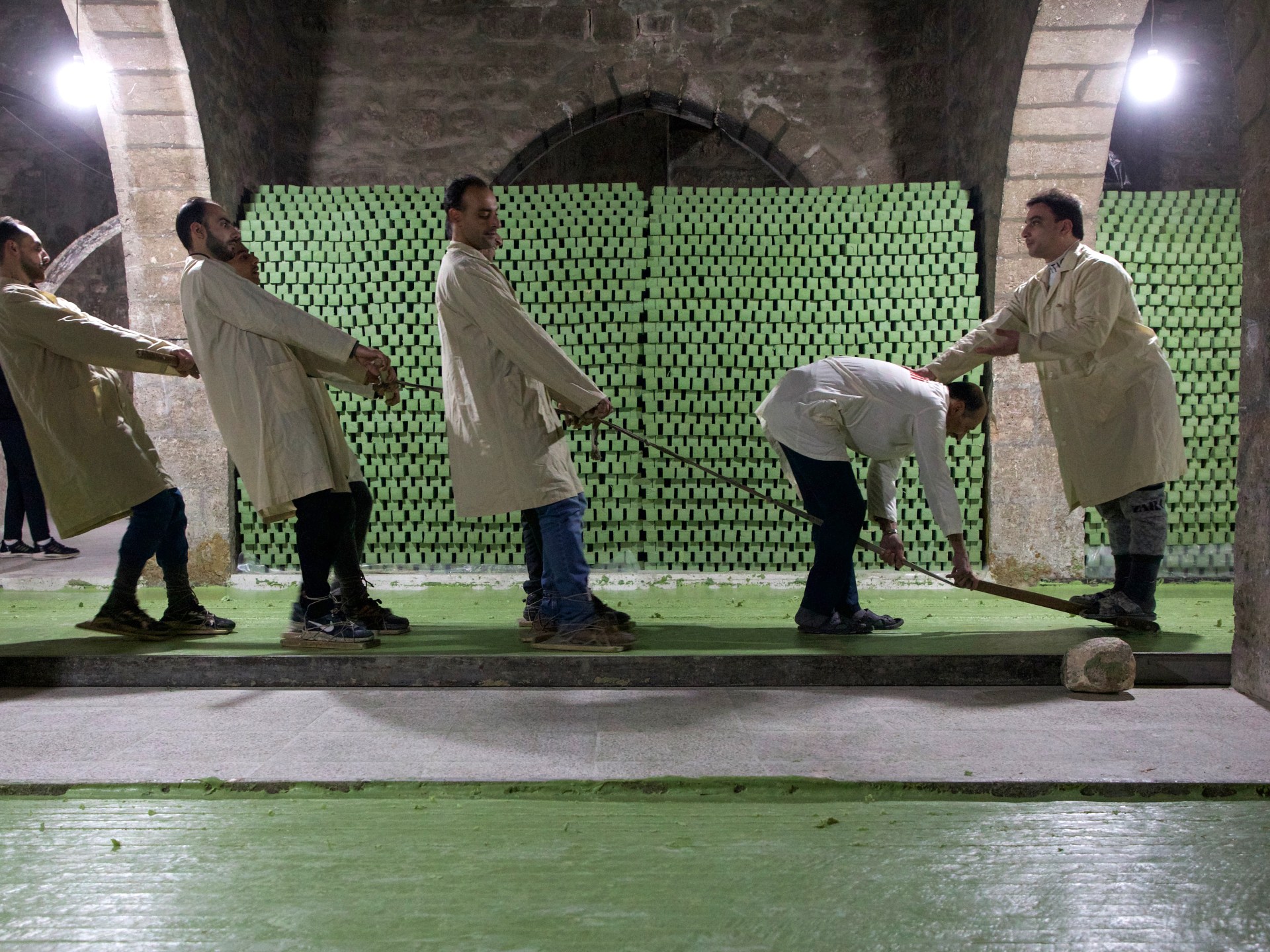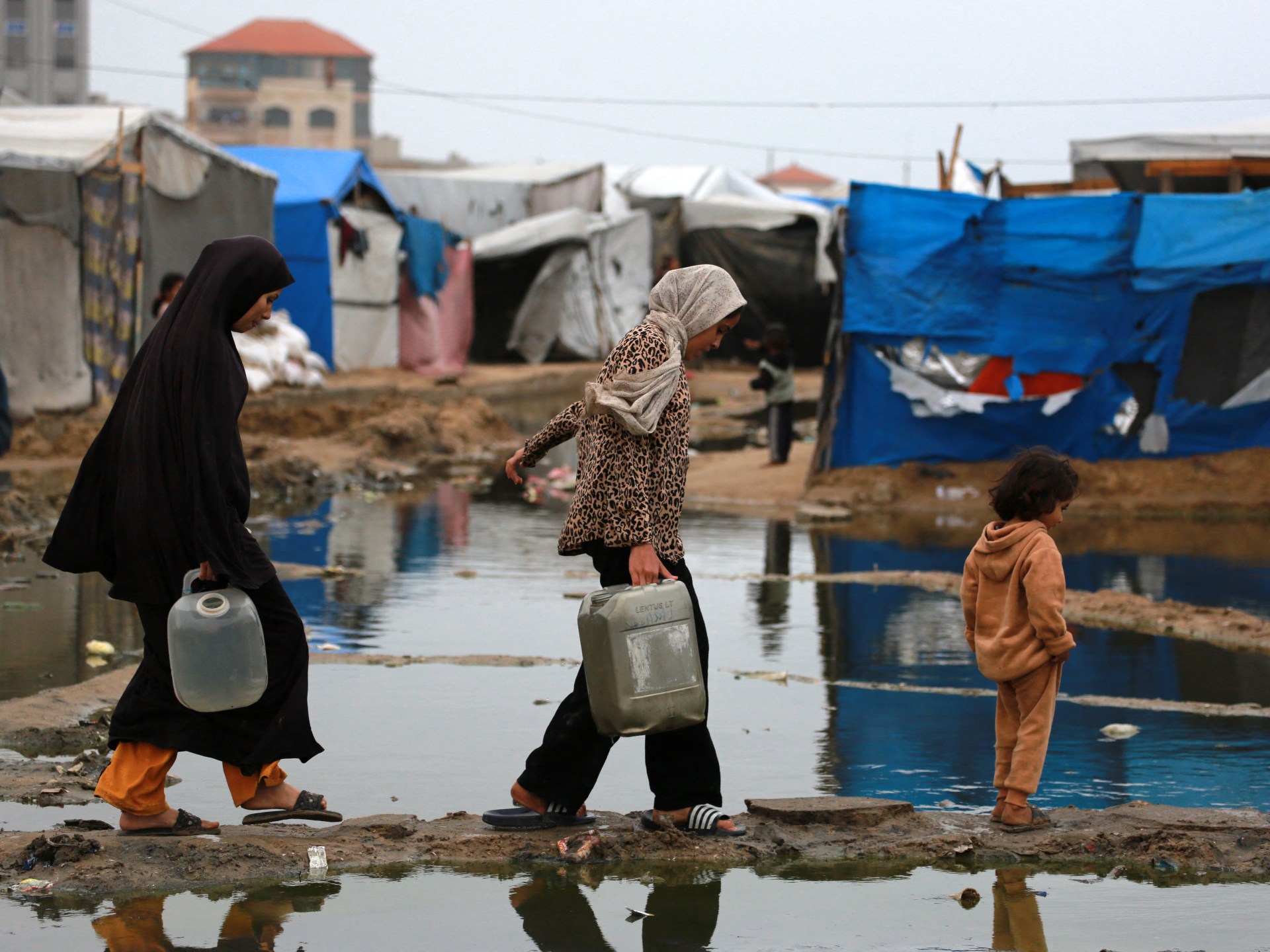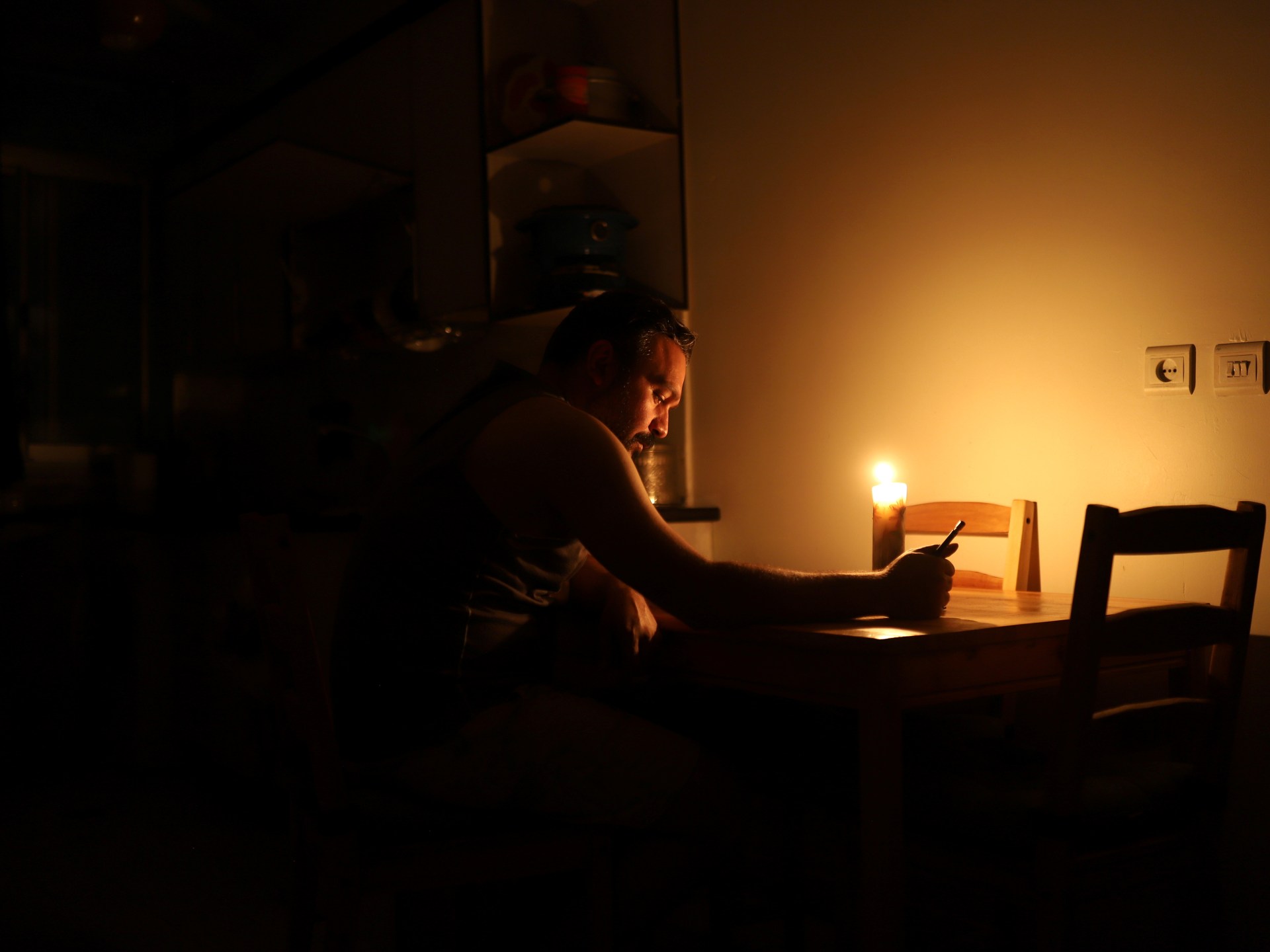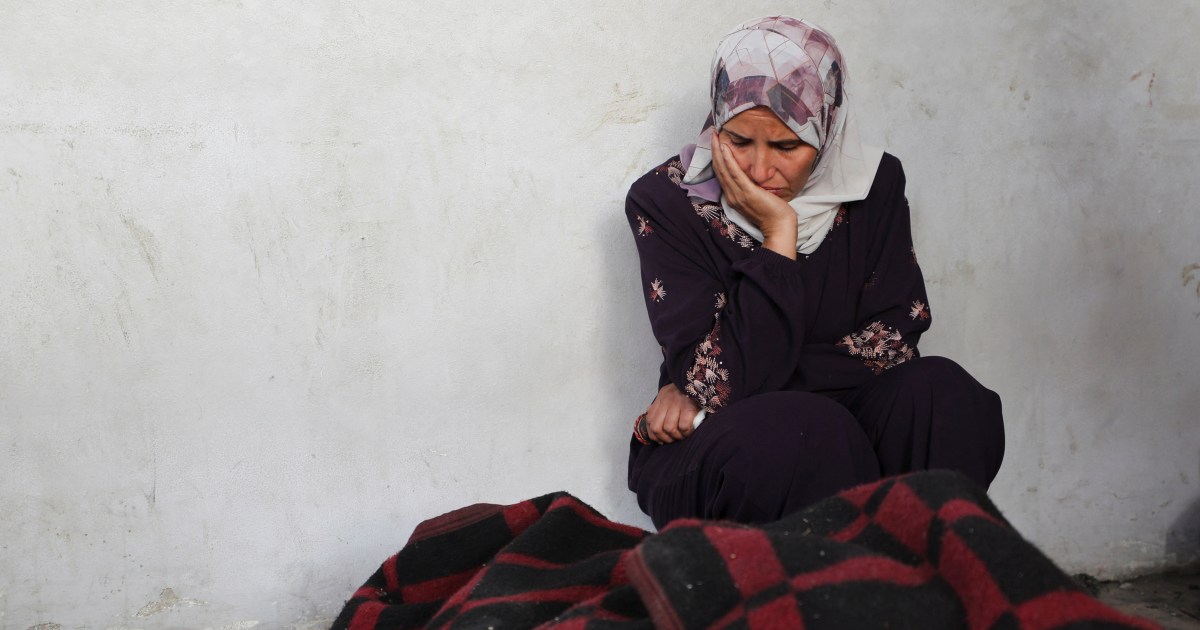

Aleppo, Syria – Legend says that more than 2,000 years ago, women in Aleppo discovered that combining wild Anabasis plants with olive oil makes a foam effective for cleaning.
This discovery marked the beginning of Aleppo’s renowned soap-making tradition, a craft that has been passed down through generations.
Despite having survived countless challenges over the centuries, the recent war presented an unprecedented threat to Aleppo’s soap industry.
“In the last 15 years, I’ve had to restore my soap factory twice,” said Hisham al-Jubaili, whose family has run the soap factory for 700 years.
“The profession nearly vanished due to the war, earthquakes and displacement. But our passion kept us going.”
Revitalising Aleppo’s historic markets
Aleppo’s once-vibrant old markets are beginning to come back to life, although scars of war remain – especially from the intense bombing campaigns by Syrian and Russian forces in 2016.
Entering the covered market, visitors are immediately greeted by the familiar scent of soap mixed with spices and incense and by rows of shops filled with traditional goods, handcrafted souvenirs, and, recently, items adorned with the colours of the new Syrian flag.
Advertisement
Bisher Nasimi, a 25-year-old soap merchant, noted a marked improvement in market activity. “Business has increased by 80 percent, and I believe it will continue to improve in the coming months,” he said as he assisted a customer looking for perfume and incense.
Making Aleppo’s famous soap
The soap is made by blending alkaline substances with olive and laurel oils in varying proportions. It is cooked, then cooled in thick slabs on the floor basins until it is solid enough to cut.
The more laurel oil used, the higher the quality and price of the soap. Prices range from $1.50 per kilogramme for soap without laurel oil to $3 for soap containing 5 percent laurel oil, with prices doubling for each additional 5 percent of laurel oil, up to 40 percent.
But the war severely impacted the industry, with only 15 factories remaining out of about 120 before the war.
Making Aleppo soap is a lengthy process. After the mixture is prepared, it is left to cure for six to eight months, allowing it to oxidise and change colour from dark green to yellow.
Al-Jubaili explains that Aleppans traditionally buy soap and store it for years before using it.
“The longer the soap dries, the better,” he said. “The older it gets, the less free alkali it contains, turning it into a soothing ointment for the skin.”
Al-Jubaili treasures five pieces of soap that are 75 years old. He has used only one and plans to preserve the rest for a future museum dedicated to laurel soap production in his factory that will honour the resilience of a craft that has survived despite the many challenges of war.
Advertisement
Related News

Who accuses Israel of committing genocide in Gaza?

Israel committing ‘acts of genocide’ by cutting off water in Gaza, HRW says

Iran key services shut as rial plunges amid energy crisis, regional tension

